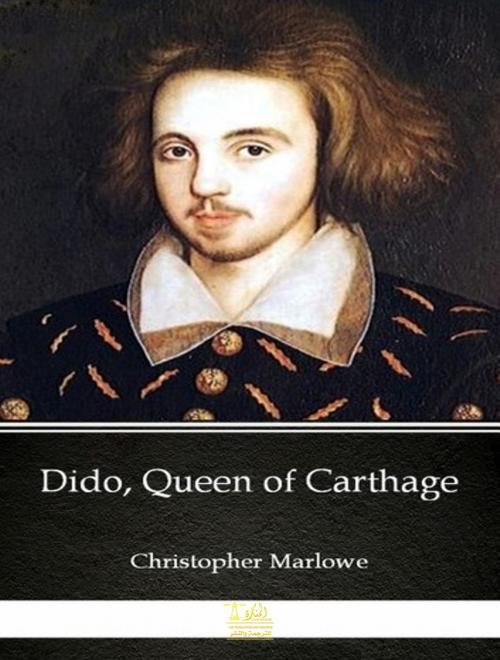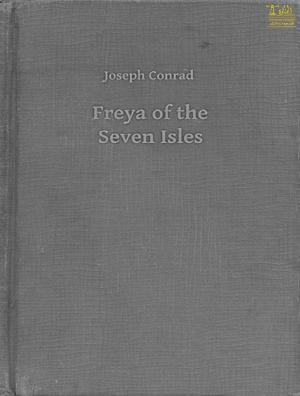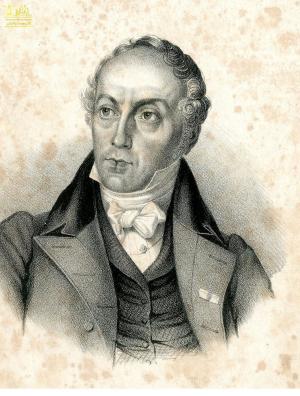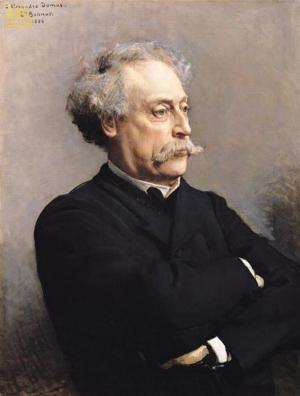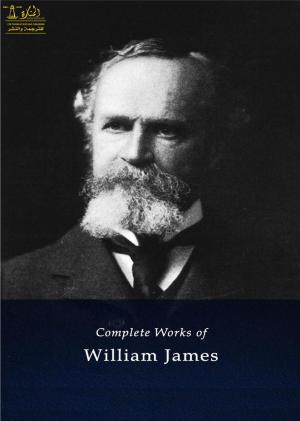The Tragedy of Dido Queene of Carthage
Nonfiction, Entertainment, Drama, Anthologies, Fiction & Literature, Literary Theory & Criticism| Author: | Christopher Marlowe | ISBN: | 9780599604780 |
| Publisher: | Lighthouse Books for Translation Publishing | Publication: | May 8, 2019 |
| Imprint: | Lighthouse Books for Translation and Publishing | Language: | English |
| Author: | Christopher Marlowe |
| ISBN: | 9780599604780 |
| Publisher: | Lighthouse Books for Translation Publishing |
| Publication: | May 8, 2019 |
| Imprint: | Lighthouse Books for Translation and Publishing |
| Language: | English |
Dido, Queen of Carthage is a short play written by the English playwright Christopher Marlowe, with possible contributions by Thomas Nashe. The story of the play focuses on the classical figure of Dido, the Queen of Carthage.
Christopher Marlowe, (baptized Feb. 26, 1564, Canterbury, Kent, Eng.—died May 30, 1593, Deptford, near London), Elizabethan poet and Shakespeare’s most important predecessor in English drama, who is noted especially for his establishment of dramatic blank verse.
Marlowe was the second child and eldest son of John Marlowe, a Canterbury shoemaker. Nothing is known of his first schooling, but on Jan. 14, 1579, he entered the King’s School, Canterbury, as a scholar. A year later he went to Corpus Christi College, Cambridge. Obtaining his bachelor of arts degree in 1584, he continued in residence at Cambridge—which may imply that he was intending to take Anglican orders. In 1587, however, the university hesitated about granting him the master’s degree; its doubts (arising from his frequent absences from the university) were apparently set at rest when the Privy Council sent a letter declaring that he had been employed “on matters touching the benefit of his country”—apparently in Elizabeth I’s secret service.
After 1587 Marlowe was in London, writing for the theatres, occasionally getting into trouble with the authorities because of his violent and disreputable behaviour, and probably also engaging himself from time to time in government service. Marlowe won a dangerous reputation for “atheism,” but this could, in Elizabeth I’s time, indicate merely unorthodox religious opinions. In Robert Greene’s deathbed tract, Greenes groats-worth of witte, Marlowe is referred to as a “famous gracer of Tragedians” and is reproved for having said, like Greene himself, “There is no god” and for having studied “pestilent Machiuilian pollicie.” There is further evidence of his unorthodoxy, notably in the denunciation of him written by the spy Richard Baines and in the letter of Thomas Kyd to the lord keeper in 1593 after Marlowe’s death. Kyd alleged that certain papers “denying the deity of Jesus Christ” that were found in his room belonged to Marlowe, who had shared the room two years before. Both Baines and Kyd suggested on Marlowe’s part atheism in the stricter sense and a persistent delight in blasphemy. Whatever the case may be, on May 18, 1593, the Privy Council issued an order for Marlowe’s arrest; two days later the poet was ordered to give daily attendance on their lordships “until he shall be licensed to the contrary.” On May 30, however, Marlowe was killed by Ingram Frizer, in the dubious company of Nicholas Skeres and Robert Poley, at a lodging house in Deptford, where they had spent most of the day and where, it was alleged, a fight broke out between them over the bill.
There is argument among scholars concerning the order in which the plays subsequent to Tamburlaine were written. It is not uncommonly held that Faustus quickly followed Tamburlaine and that then Marlowe turned to a more neutral, more “social” kind of writing in Edward II and The Massacre at Paris. His last play may have been The Jew of Malta, in which he signally broke new ground. It is known that Tamburlaine, Faustus, and The Jew of Malta were performed by the Admiral’s Men, a company whose outstanding actor was Edward Alleyn, who most certainly played Tamburlaine, Faustus, and Barabas the Jew.
Dido, Queen of Carthage is a short play written by the English playwright Christopher Marlowe, with possible contributions by Thomas Nashe. The story of the play focuses on the classical figure of Dido, the Queen of Carthage.
Christopher Marlowe, (baptized Feb. 26, 1564, Canterbury, Kent, Eng.—died May 30, 1593, Deptford, near London), Elizabethan poet and Shakespeare’s most important predecessor in English drama, who is noted especially for his establishment of dramatic blank verse.
Marlowe was the second child and eldest son of John Marlowe, a Canterbury shoemaker. Nothing is known of his first schooling, but on Jan. 14, 1579, he entered the King’s School, Canterbury, as a scholar. A year later he went to Corpus Christi College, Cambridge. Obtaining his bachelor of arts degree in 1584, he continued in residence at Cambridge—which may imply that he was intending to take Anglican orders. In 1587, however, the university hesitated about granting him the master’s degree; its doubts (arising from his frequent absences from the university) were apparently set at rest when the Privy Council sent a letter declaring that he had been employed “on matters touching the benefit of his country”—apparently in Elizabeth I’s secret service.
After 1587 Marlowe was in London, writing for the theatres, occasionally getting into trouble with the authorities because of his violent and disreputable behaviour, and probably also engaging himself from time to time in government service. Marlowe won a dangerous reputation for “atheism,” but this could, in Elizabeth I’s time, indicate merely unorthodox religious opinions. In Robert Greene’s deathbed tract, Greenes groats-worth of witte, Marlowe is referred to as a “famous gracer of Tragedians” and is reproved for having said, like Greene himself, “There is no god” and for having studied “pestilent Machiuilian pollicie.” There is further evidence of his unorthodoxy, notably in the denunciation of him written by the spy Richard Baines and in the letter of Thomas Kyd to the lord keeper in 1593 after Marlowe’s death. Kyd alleged that certain papers “denying the deity of Jesus Christ” that were found in his room belonged to Marlowe, who had shared the room two years before. Both Baines and Kyd suggested on Marlowe’s part atheism in the stricter sense and a persistent delight in blasphemy. Whatever the case may be, on May 18, 1593, the Privy Council issued an order for Marlowe’s arrest; two days later the poet was ordered to give daily attendance on their lordships “until he shall be licensed to the contrary.” On May 30, however, Marlowe was killed by Ingram Frizer, in the dubious company of Nicholas Skeres and Robert Poley, at a lodging house in Deptford, where they had spent most of the day and where, it was alleged, a fight broke out between them over the bill.
There is argument among scholars concerning the order in which the plays subsequent to Tamburlaine were written. It is not uncommonly held that Faustus quickly followed Tamburlaine and that then Marlowe turned to a more neutral, more “social” kind of writing in Edward II and The Massacre at Paris. His last play may have been The Jew of Malta, in which he signally broke new ground. It is known that Tamburlaine, Faustus, and The Jew of Malta were performed by the Admiral’s Men, a company whose outstanding actor was Edward Alleyn, who most certainly played Tamburlaine, Faustus, and Barabas the Jew.
